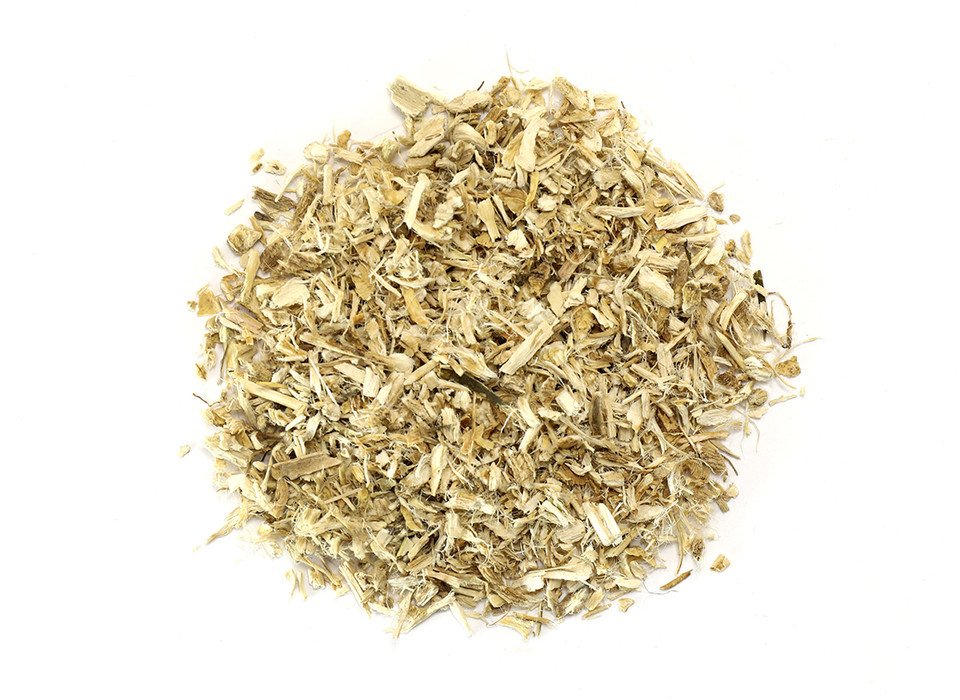Feeling cold, dry or PMS-ing? Learn what herbal tea allies will offer Autumn nourishment.
4 years ago when I began school for Ayurveda, I didn’t know exactly what to expect. It was Covid. I felt untethered, fatigued and longed for inspiration to sparkle up my monotonous routine & to connect me to something greater than myself. I sought guidance to feel more vitality, feel more present in my life & feel connected to a community of fellow spiritually-minded women seekers, also engaged in curious reflection about cultivating sustainable wellness. I received this & so much more.
Some might imagine my lifestyle has completely changed after becoming an Ayurvedic Health Counselor- that I wake with the sunrise, drink hot water with lemon each morning, never miss morning meditation, warm oil massage daily & eat only organic & what’s in season. The truth is that Ayurveda does not offer a linear approach to wellness but a multidimensional one, that sees joy, self compassion, grace & flexibility as important parts of the journey. Also, turns out it’s incredibly difficult to overhaul 30+ years of conditioned patterns. So when I tried countless self care practices, many did not stick…while a few I’ve lovingly integrated and tended to-only to see surprising benefits (hello regular digestion & regular menstrual cycles).
My teacher Katie Silcox emphasized that simple shifts tend to be the most profound and impactful. One simple lifestyle practice that I fell in love with is drinking warm tea throughout the day. This has become a moment to be mindful, to slow down & to cherish nature’s abundant offerings in the form of beautiful loose- leaf herbs. I align my choices of herbs intentionally with the seasons and with my mood, my intuition guiding the selection w/ creativity along for the ride.
Herbs & plants can be powerful healing allies, whose medicine is strengthened & more easily absorbed into the bloodstream through receiving them in warm, nourishing water. Here I share some of my favorite herbs to stay nourished & well this dry, cold Vata fall season. Many also may help mitigate the overflow of symptoms caused by summer’s accumulated heat. Others nourish woman’s reproductive centers & balance hormones.
Red Rasberry Leaf
Pacifies Pitta dosha (Ayurveda constitution-type that runs hot, sharp & oil) with its sweet, cool & astringent qualities. Referred to as “the woman’s herb.” Contains antioxidant & anti-inflammatory properties & is powerful regulator of menstrual cycles, balances hormones, eases endometriosis, PCOS & menopause, & supports kidneys & uterus helath. May ease birth & recovery + milk production. May soothe emotional exhaustion & high mineral content (potassium,magnesium, iron & zinc) balances mood. This herb’s high vitamin B helps w/ sleep & cramping while vitamin C boosts the immune system, which is weaker during menstruation. Can be used in teas or yoni steams.
Lemon Balm
Used as far back as Middle Ages to alleviate tension in nervous & digestive systems. Calming herb that may act as antidote to stress, anxiety, tension & mild depression. Eases pain & discomfort from indigestion, bloating & gas. These are all vata-type symptoms that can be stirred up during the dry, cold, mobile qualities of the Fall. Can promote relaxation & sleep and improve mood and concentration. Alleviates symptoms of PMS like cramps & fatigue, may help heal cold sores, & may enhance cognitive performance, It’s also known as “bee balm,” and “heart’s delight,” which captures the sweet, nourishing nature of this herb.
Marshmallow Root
Demulcent, hydrating, rejuvenating for pitta dosha (So quite ideal to help heat built up from summer clear out & not accumulate in early fall). Offers respiratory relief, & tonefies vata dosha. It is an ally for inflammation, soothes skin and builds water element, aiding cleansing of lymphatic system. Diuretic & helps with urinary issues & passage of kidney stones. Helps swelling & inflammation of mucous membranes and heals wounds externally. Can aid mastitis & increase milk flow.
Licorice Root
Demulcent, hydrating, rejuvenating for pitta dosha (So quite ideal to help heat built up from summer clear out & not accumulate in early fall). Offers respiratory relief, & tonefies vata dosha. It is an ally for inflammation, soothes skin and builds water element, aiding cleansing of lymphatic system. Diuretic & helps with urinary issues & passage of kidney stones. Helps swelling & inflammation of mucous membranes and heals wounds externally. Can aid mastitis & increase milk flow.
Yarrow
Heart medicine that supports emotional & energetic boundaries. My teacher Dr. Jacqui at Xalish Medicines asserts this herb is particularly helpful for nourishing caregivers. This herb can help process grief and loss. As the hybridization of yarrow today is a mix of different species mingling together, it may support integration, acceptance, loving and holding of multiple identities, cultures, genders, layers etc. Since it is drought tolerant & can grow from mountains to sea level and dry & moist soils, on a subtle level yarrow can support resilience & adaptability.
I invite you to notice which of these herbs calls to you more or evokes curiosity. Likely that is the medicine you need. I wish you many quiet, restorative moments sipping warm tea this fall.
With gratitude
I feel incredibly grateful to my teachers who have inspired my budding appreciation of herbs & their generous health-sustaining gifts.
Dr. Jacqui at Xalish Medicines (check out her exploratory herbal mentorship this fall)
Katie Silcox at Shakti School (single best educational investment I have ever made)
Brooke Sullivan at The Wild Temple School






